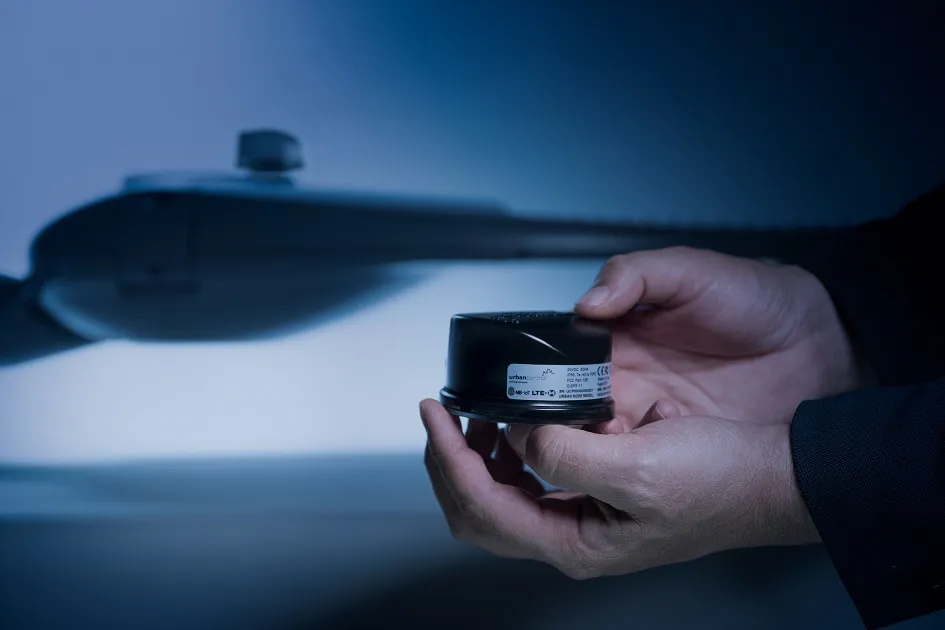
A pilot project to improve New York City street safety by better measuring transportation uses is part of the latest NYC Smart City Testbed Program from the New York City Office of Technology and Innovation (OTI).
Data from street activity sensors at 12 locations generates detailed reports which allow planners to better understand the uses of city streets, and which may in turn inform future design.
This initiative with the city's Department of Transportation is one of eight pilots - not all of them directly related to transport - which are selected each year. Applications to the Testbed Program can be made on a rolling basis, with two given the green light each quarter.
The projects are funded by the organisations concerned and run for six to nine months, during which time city agencies, the private sector and academic institutions can decide whether to scale them up.
The idea is to "streamline and accelerate the process for piloting emerging technologies that tackle major challenges".
Another pilot is a collaboration between OTI, the NYC Department of Health and Mental Hygiene (DOHMH) and private companies, around air quality improvement and monitoring.
It will see sensors "deployed in areas of need" to measure both real-time air quality, and the efficacy of air quality improvement devices in reducing particulate matter.
NYC chief technology officer Matthew Fraser says: “The NYC Smart City Testbed Program presents an exciting, win-win opportunity for companies and city agencies to collaborate on cutting-edge pilots that leverage smart city technologies to create a better and more equitable future for all New Yorkers. We look forward to the innovative partnerships and solutions this program will inspire in the months and years ahead.”
Paul Rothman, director, smart cities and IoT at OTI says: “The Testbed will enable industry and academia to more easily get their products, services, or research ideas in front of the city’s relevant stakeholders to demonstrate their capabilities and understand how to adapt them to New York City."
For more information, contact OTI’s smart cities team at [email protected]








